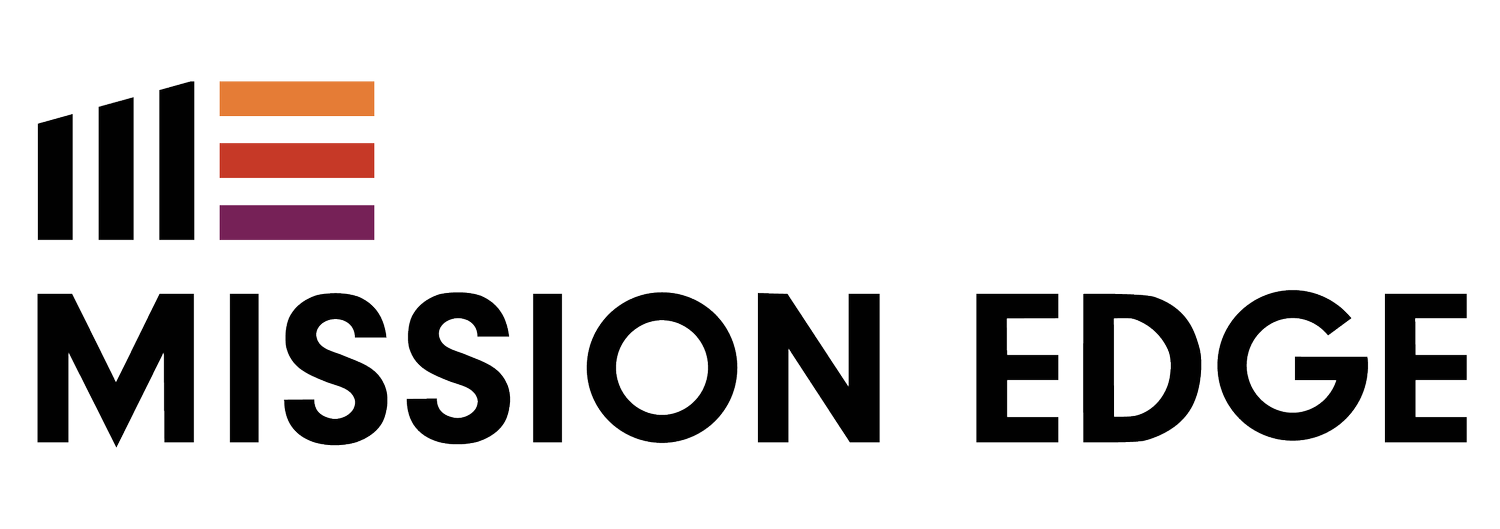A Guide to Finding the Right Small Business Finance Coach
What to expect when working with a finance coach
If the words “finance coach” put a bad taste in your mouth, you’re not alone.
Maybe the idea of someone having full access to your small business finances feels way too invasive. It might even conjure up memories of late nights at the kitchen table while your parents reviewed your geometry homework for the millionth time. There were always tears of frustration and hours of erasing and rewriting.
Letting someone get close to the financial details of your business can feel vulnerable. But that doesn’t mean it has to be scary or tear-inducing.
When you work with a good finance coach, they’ll work hard to understand you and your business. Instead of focusing on your past mistakes, they’ll help you build toward your goals.
If you’re anything like us, you want to know what you’re signing up for before you jump in headfirst. What exactly does a finance coach do, and what will your time with them look like? We’re outlining it all, and sharing our vision for how a coach from the Impact Lab could help you find financial clarity for your business.
Why do I need a finance coach?
In the post-Instagram world, it seems like everyone is claiming the title of “coach” — but rather than a focus on providing instruction or training, many are focused on selling the next five-week course or e-book.
If this trend has led you to be skeptical about coaches in general, we don’t blame you. Not all coaches are created equal.
A small-business financial coach will help you create a plan that covers everything from basic business concepts to managing your cash flow. Rather than a one-size-fits-all plan, you’ll get advice and insight tailored to where you currently are as a business and where you want to go.
There are a plethora of free resources out there to help you increase your financial knowledge, which raises the question: why pay for in-person help when Finance TikTok is cheaper and more convenient?
The truth is, there are a few things a finance coach offers that the internet can’t. With a coach, you’ll get ongoing, relational support that goes beyond information.
Finding the right coach for you
If you wanted to compete in crossfit, you wouldn’t book training sessions with a yoga teacher. Just as not every personal trainer is right for your fitness journey, not every finance coach will be a perfect fit for you and your finance goals.
In order to find a good match that will stick, here are a few items to keep in mind.
1 — First, figure out what your financial needs are.
Sometimes the hardest part of the search is knowing what kind of help you’re looking for.
You might not have the exact verbiage for your goals yet, but a general outline is enough to get you on the right track.
Are you . . .
Stuck in the financial red, and wanting to do more than just break-even?
Still waiting to cut yourself your first paycheck from your business?
In need of more clarity around small-business tax regulations, or how to classify your business?
Maybe you start with your most pressing financial pain-point and work from there. You should also have some idea of your current short- and long-term goals. There are no wrong answers — and once you have clarity on what you need help with, a coach will be better-equipped to help you out.
2 — Find the right coach for you and your business.
One of the best ways to find a solid, vetted coach for your business is to check in with your network. You may be surprised by how many other small business owners in your community have relied on help from a financial coach, and this way, you’ll get to hear firsthand from someone else who has been in your shoes.
There are a few things to keep your eyes out for as you embark on your search:
Values
Many finance consultants and fractional CFO’s provide a mission statement that describes why they do what they do. The right coach for you will have a “why” that complements how you do business. Don’t be afraid to rely on your gut — schedule an in-person or phone interview to make sure you’re compatible before you start working together.
Expertise and accreditation
Professional education and certifications are a testament that your potential coach knows what they’re doing. If they’re a Certified Public Accountant (CPA) or Certified Management Accountant (CMA), for example, they’ve gone through rigorous training and testing to stay up-to-date and knowledgeable about everything finance.
Tip: It’s not rude to ask a potential coach for proof of certification — when it comes to your business’s finances, you have the highest standards, and it’s okay to be a little protective!
Reviews
Often experienced coaches will offer up past client testimonials as firsthand evidence of their expertise.
Don’t be afraid to ask questions as you get to know your potential coach. The right one will want to find a great fit for themselves and their business, too.
3 — Engage and onboard.
When you first start working with a finance coach, it’s important to set clear expectations right away.
You’ll want to meet (either in-person or via video call) and go over any necessary paperwork and goal-setting documents. After you’ve gotten a feel for how you work together and who is responsible for each part of your financial planning process, you’ll be able to dive in and begin the real work — and progress.
Financial coach workflow
Over their initial few weeks of working with you, your coach will help you complete a financial analysis of your business. Together, you’ll run through key factors like revenue, expenses and cost-of-goods sold, as well as big-picture items like your long-term goals.
They’ll offer insight on tweaks you could make to reach your goals more effectively, and help you decide on Key Performance Indicators (KPIs) to make sure you and your employees stay on-track.
You’ll learn how to develop financial forecasts so you can plan for the future, and how to monitor your progress and adjust as you go.
A good financial coach will not:
Make your decisions for you by telling you what to do.
Tell you to give up on your goals.
Prioritize expansion as the only goal.
Instead, their role is to coach and encourage you in making decisions that are best for your business
Stories of success
Still need some convincing that a finance coach could actually help grow your small business? We get it.
As part of our free program at the Impact Lab, you’ll be partnered with a fractional CFO (a fancy name for finance coach, who we have dubbed “finance experts”), working one-on-one to meet your individual financial needs.
Here are a few recent Impact Lab alumni whose stories we are proud to share:
When Small-Business Finances Feel like a Different Language
How This Coach Achieved Financial Fitness
From Seeing Red to Visions of Progress: Navigating Debt & Livable Salaries
We’ve seen entrepreneurs like you go from:
Financial struggle to financial freedom
Working two full-time jobs to paying themselves a liveable wage from their business
Stagnant income to exponential growth
Are you ready to get over $10,000 of value at no cost to you through the one-on-one coaching, resources and networking included in our 10-week program?
Good news — you can join the Impact Lab waitlist (the only way to be invited to apply) today!
Want to keep the inspiration going? Read more success stories.
See how Impact Lab could help you gain financial clarity for your business in 2024
Join the waitlist to apply for the next cohort!











